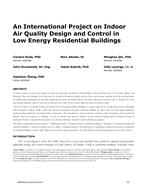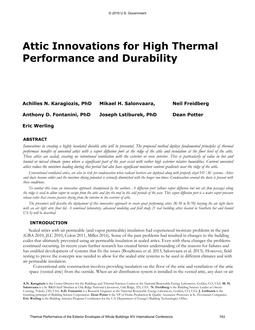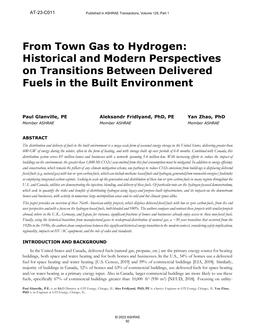External walls of timber-framed buildings get weather protection by a masonry veneer, a siding, or a rendering. In all cases, the external sheathing of the wall is usually covered by a breathable (i.e., airtight and liquid tight, but vapor open) membrane to protect the timber construction from wind-driven rain. Such a covering is also necessary to reduce the moisture in the wall due to high vapor transmission. Sheathings made of
- PUR/PDMI-bonded high-performance wood-based panels, such as oriented strand boards (OSB) or medium-density fiber-boards (MDF), or
- hydraulic-bonded low-density (800 kg/m³) calcium silicate boards (CSB) stop airflow through the wall–they are water repellent and allow vapor transportation to escape from the interior. In these cases, the robustness of the design does not need a breathable membrane covering the whole sheathing but depends on good planning of all details as well as on good workmanship.
Authors: Helmut B.R. Marquardt, Dr. Ing.; Georg-W. Mainka, Dr. Ing., P.E.
Citation: Thermal Performance of the Exterior Envelopes of Buildings VIII
Keywords: December, Florida, 2001
Citation: Thermal Performance of the Exterior Envelopes of Whole Buildings VIII
Product Details
- Published:
- 2001
- File Size:
- 1 file , 880 KB
- Product Code(s):
- D-8018


